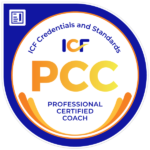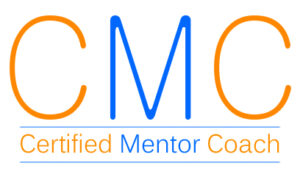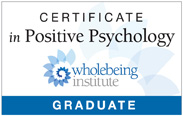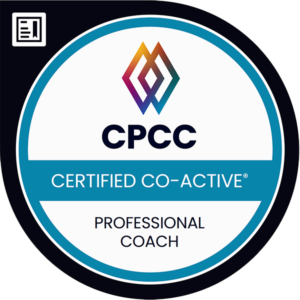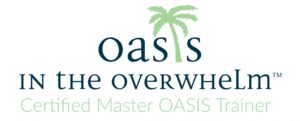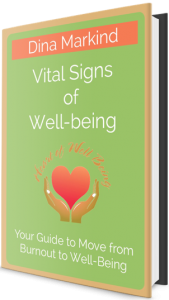The physical is fundamental. Sounds obvious to chiropractors and nurses, right. But what do you do with this information? 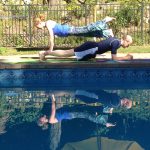
Some of the earlier happiness activities may have replenished you emotionally, mentally and even spiritually with connections bigger than your individual life. Taking care of yourself brings you back to the basics of your body and the awareness to care for physical aspects of yourself. Healthy eating and physical activity are crucial elements of self-care. When you don’t care for your physical needs you wear yourself down and can end up fatigued and depleted, sometimes to the point of illness and pain.
Turns out that physical activity through exercise is like magic in terms of its benefits. Our bodies were meant to move, not sit at desks or in cars for much of the day. Surveys show, and “large scale randomized interventions, confirm that exercise may very well be the most effective instant happiness booster of all activities.” (Lyubomirsky p. 245). Exercise boosts self-esteem and mastery in the moment and brings long term benefits too.
Another aspect of Taking Care of your physical self is Acting like a Happy Person. Studies have shown that the fake it till you make principle does work. Here’s a link to a presentation which discusses the effectiveness of holding power poses for two minutes. Not much time, though for the self conscious it seems long.
Here are a few tips regarding exercise
- If you don’t currently exercise start slow
- Exercise with a buddy
- Most important is to stick with an exercise program for several weeks so that you can begin to feel the benefits and have a chance to develop the habit. I read that it can take 11 weeks to come to enjoy and firmly establish some exercise habits
To increase your happiness, contact me.
Revitalize Your Life, Dina
203.744.YOU3 (9683)
In studies, aerobic exercise for 45 minutes 3 times a week for 4 months turned out to be at least as effective for symptom relief in treating moderately depressed people as treating similar individuals with Zoloft for 4 months. And after 6 months, the exercise group was less likely to relapse than the Zoloft group.
